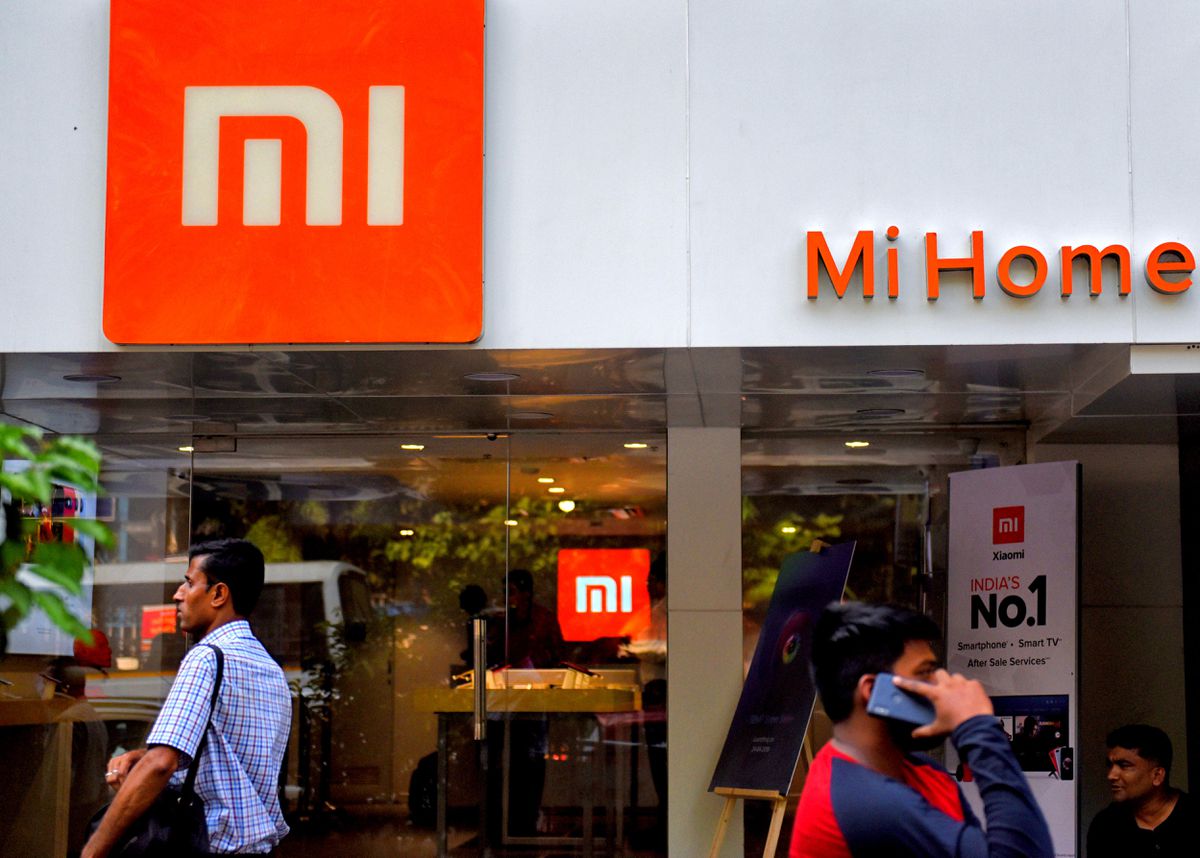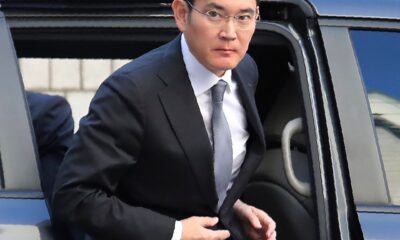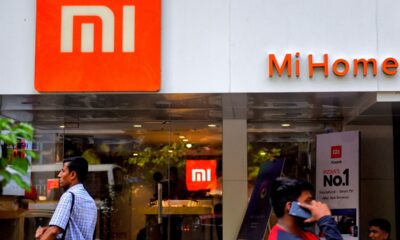After facing tough competition and a dip in market share, Xiaomi Corp., the Chinese tech giant, has laid out its game plan to recapture the lead in India’s fiercely contested smartphone market.
The company aims to concentrate on 5G smartphones and adopt a more streamlined product portfolio to win back customers who were left bewildered by the multitude of choices offered previously.
For years, Xiaomi held the top spot in India’s smartphone market but its prolonged success was hindered by regulatory challenges and an overwhelming range of products which according to Xiaomi’s own admission, led to customer confusion.
In the first quarter, Xiaomi slip to the fourth position behind Samsung, Oppo, and Vivo, as reported by researcher IDC Corp.
India, being one of the world’s most intensely contested markets, attracts global phone brands like Apple Inc., who are eager to expand their presence in the populous country.
Xiaomi, however, remains unfazed by short-term gains and is betting on a gradual recovery, opting to strengthen its ties with local partners and simplify its product offerings.
Speaking at a recent press conference, Muralikrishnan B., President of Xiaomi India, admitted, “This year will be number one? No, we will not be. These are long-term playoff games.”
To steer the company back to its earlier success, Xiaomi is making crucial changes that include reducing the number of smartphone launches and focusing more on enhancing the overall customer experience.
The brand also plans to boost sales through brick-and-mortar stores, recognizing the significance of offline retail in India.
“In the past, the company launched just too many products, too many options,” Muralikrishnan stated, acknowledging that they were partly responding to the competition’s moves. Learning from this, Xiaomi now aims for a more calculated and effective approach to product launches.
Recognizing the importance of localization, Xiaomi is deepening its local sourcing efforts and entrusting some of its smartphone assembly to Dixon Technologies India Ltd., as urged by the Indian government. This move aligns with the “Make in India” initiative, demonstrating Xiaomi’s commitment to the Indian market.
In response to recent rumors about layoffs, Muralikrishnan clarified that Xiaomi India has not laid off any employees this year and has no such plans for the future. He emphasized that any organizational restructuring would be driven by efficiency and strategic needs, not indiscriminate job cuts.
Looking ahead, Xiaomi is gearing up for the launch of a new 5G smartphone on August 1. Priced between $200 to $250, this move forms part of the company’s strategy to offer affordable, locally assembled 5G models to cater to the evolving demands of Indian consumers.
















